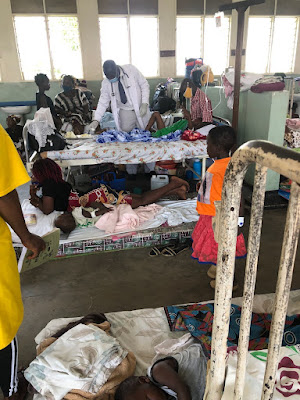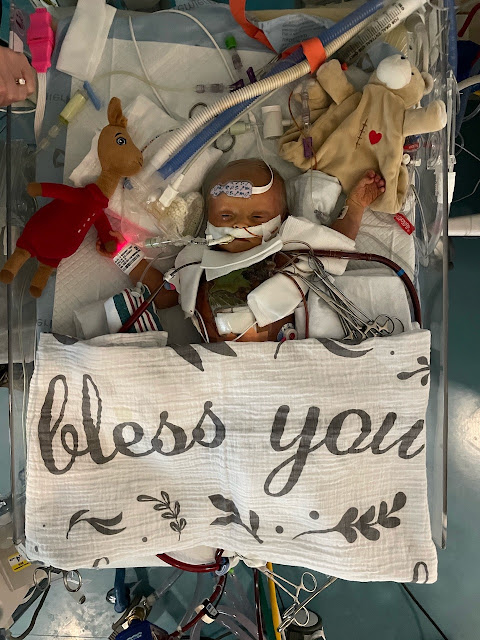Yesterday, we drove 8 hours to Entebbe with our vision-trip site-visitors so that we could get COVID tested prior to travel. Travel in the era of COVID has become quite an ordeal. First, the flights are fewer and frequently canceled . . . a day before one can be told, sorry, we moved you to another flight (which has happened to 10/16 people we've had departing this month). Second, there is a continuous fluctuation of regulations as borders open and close, quarantine rules tighten and loosen, countries retaliate against bans with more bans. So a connecting country can decide not to allow people to land (2/16) or require more paperwork (16/16). Then there is the fact that absolutely international travellers are the vectors of COVID, so it is 100% essential that everyone is rigorously tested. All of us need to get PCR results (which takes a minimum of 24 hours) taken not more than 72 hours prior to take off. In the old days we often drove straight from Bundi in the early morning to access a night flight; now we need to add in a day to get tested and wait for results. In the process we have to be continuously masked, and there is always the anxiety that we would pick up the virus en route and inadvertently bring it to vulnerable people. The sheer emotional toll of planning a trip, purchasing tickets, making promises, getting up hopes, in order to attend a meeting or see lonely parents . . . only to have it all hang on those negative test results, spending the days and effort to get ready to go yet never being sure we actually can . . .
It's a lot.
And yet, we do it with trembling tenuousness, and then rejoice when it works out. Because we don't have a right to zip back and forth, yet doing so allows us to be part of our organisational leadership, and allows us to stay connected with our immediate family members. It allows us to first, do not harm, at least to the best of our ability.
When I look at Scripture, I see so much support for public health. First, Jesus summed up the whole law and prophets as love God and love your neighbour as yourself, which he then expounded into the story of the Good Samaritan, where loving your neighbour means a pretty huge dose of inconvenience, sacrifice, expense, even danger. Love looks that way: curtailing your individual desires for the good of someone else. JD Bartkovich used to tell us that Leviticus was her favourite book. It tells people who can go where, who has to isolate and stay home, how to be purified, how to prevent the spread of disease. All essential to the capacity for a nation of former slaves to move in tents through the desert as a group. It's a whole book of limiting your own freedom for the good of the whole. That's how God's people should live. Yes, being created in the image of God surely gives us individual dignity and capacity and freedom. But being created as humans in community puts some limits on that freedom. Don't kill, don't steal, let all that you do be done with love.
So we get our vaccines, (which is actually not at all sacrificial, it's self-protective, since the risk of an adverse event is about 1 in 100,000 (no death, just temporary inflammations) with vaccines and of serious outcome after COVID disease is about 1000 in 100,000 for death and 10,000 in 100,000 for being in the hospital). We wear our masks, and meet outdoors, and keep some distance. These are not hugely unreasonable asks in a year in which 4 million people have died of a new infectious disease.
Even if the ask was much harder, and the risks were much higher, people of faith should be on the forefront of being willing to bend their personal freedoms towards the greater good. I think that's what Jesus meant by taking up our cross, after all.
(PS - traveling with Regan and Jack S to Entebbe airport after a whirlwind week Vision Trip —potential future teammates!?)






































